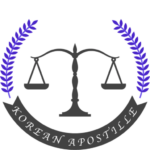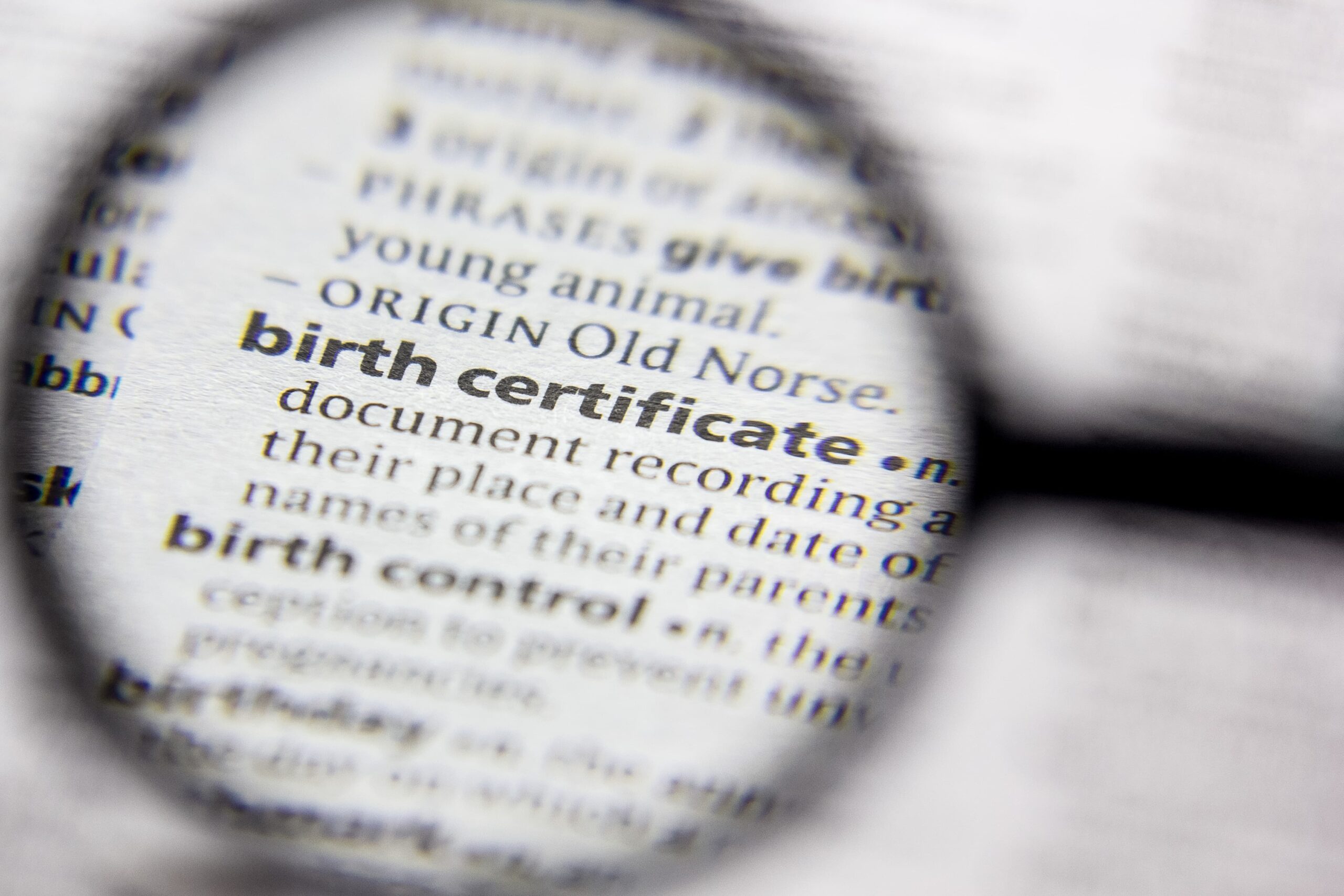Who is the Korean Apostille Issuing Authority? – An Authoritative Guide
Understanding the Korean apostille system can be confusing for many seeking to authenticate their documents for international use. The Republic of Korea (ROK) has two primary authorities responsible for issuing apostilles, each handling different types of documents. This comprehensive guide clarifies who those issuing authorities are and what documents each handles.
The Two Korean Apostille Authorities
Korea operates under a dual-authority system for apostille issuance, with responsibilities divided between two government ministries:
1. Ministry of Foreign Affairs (MOFA)
The Convention Abolishing the Requirement for Authentication of Foreign Official Documents entered into force on July 14, 2007, which means that Korean documents that have received an apostille from the Department of Justice, Bureau of Overseas Korean Affairs, will be recognized as having the same force and effect as local documents in countries that have signed the Convention.
What Documents Does MOFA Handle?
The Ministry of Foreign Affairs (MOFA) serves as the primary apostille authority for most Korean government documents, including:
- Educational Documents: Diplomas, transcripts, and certificates issued by Korean educational institutions
- Government-issued Certificates: Birth certificates, death certificates, marriage certificates, and family relations certificates;
- Business Documents: Company registration certificates, commercial documents, and corporate certificates;
- Administrative Documents: Various certificates issued by government agencies and administrative bodies; and
- Consular Documents: Documents processed through Korean consular services
2. Ministry of Justice (MOJ)
South Korea’s Ministry of Justice (MOJ) has a more specialized role in the Korean apostille system, with it responsible for documents related to courts or state tribunals, as well as notarial acts and official certificates.
What Documents Does MOFA Handle?
- Court Documents: Judgments, court orders, litigation documents, and other judicial records;
- Notarial Acts: Documents notarized by Korean notaries public;
- Legal Certificates: Legal documents requiring judicial authentication; and
- Official Certificates: Certain official certificates that fall under judicial jurisdiction
Key Differences Between MOFA and MOJ
The fundamental difference lies in the nature and origin of the documents:
MOFA handles documents issued by administrative bodies, educational institutions, and general government agencies. This includes most common documents that individuals need apostilled for overseas use, such as educational credentials, vital records, and business documents.
MOJ focuses on documents with legal or judicial significance, including court records, notarized documents, and certificates requiring legal authentication.
How to Determine Which Authority to Use
To determine which authority handles your specific document:
- Identify the Document Source: Check which institution or agency issued your document
- Document Type: Consider whether it’s an administrative document (MOFA) or legal/judicial document (MOJ)
- Contact the Issuing Authority: When in doubt, contact the agency that issued your document for guidance
The Apostille Application Process in South Korea
A person who intends to be issued an apostille or certificate of authentication shall file an application with MOFA or MOJ, as prescribed by Joint Ministerial Decree of Foreign Affairs and MOJ. Both authorities require:
- Original document or certified copy;
- Completed application form;
- Appropriate fees; and
- Valid identification
Professional Assistance for Korean Apostille Services
Given the complexity of determining the correct authority and navigating the apostille process, many individuals and businesses choose to work with professional apostille services like Korean Apostille. Our services ensure that your documents are submitted to the correct authority and processed efficiently.

Understanding Korea’s dual apostille system is crucial for anyone needing to authenticate Korean documents for international use. Whether you need MOFA or MOJ services depends on the type and source of your document. When in doubt, get in touch with our experienced professionals to save you time and prevent costly mistakes during the apostille process.



